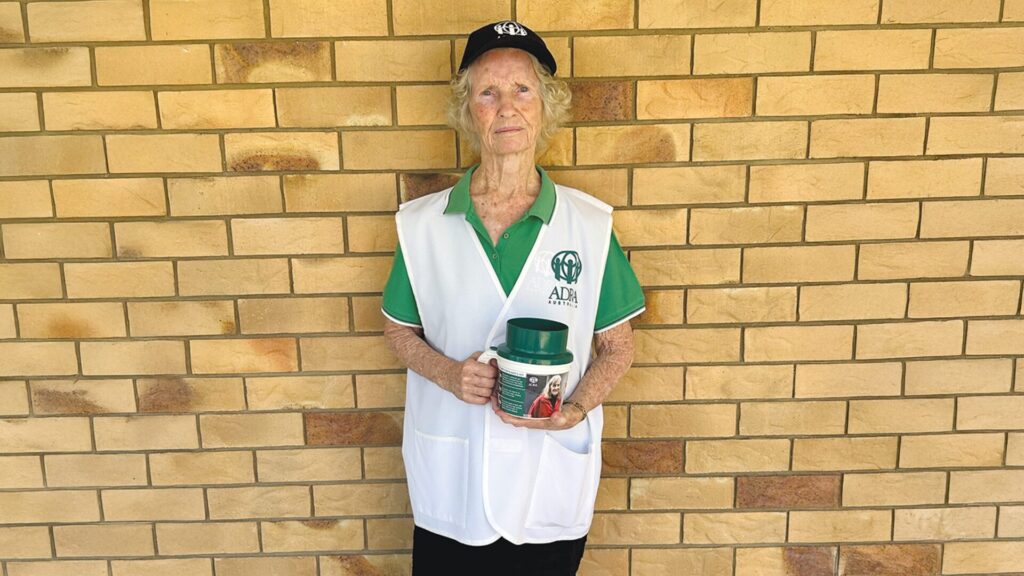Jenalla, aged 39, was married at 14. She has suffered two broken arms and a stabbing, all at the hands of her husband, while raising their seven children. She has been to the police 17 times but still they have not done anything. Instead they told her husband that he had so many kids he should go home and not hurt his wife again.
I wish I could say Jenalla’s story is unique. I discovered it while reading the 2015 Human Rights Watch report “Bashed Up: Family violence in Papua New Guinea”. Sadly, the report is full of cases just like hers.
While PNG has made many improvements to address the issue of domestic violence, including the introduction of the Family Protection Act, there is still a long way to go. The laws protect but are hard to enforce equally across the country.
As one survivor put it when interviewed for the report, “The law about violence against women is not strong enough, so men take advantage . . . The government is too far away from me.”
I want to make this clear. This piece is not about having a go at Papua New Guinea for the challenges it faces in this area. Other nations within our region struggle and up-to-date figures are hard to find. In Australia I have witnessed three domestic violence incidents within my neighbourhood. Extrapolate that across the country and we have a huge problem.
However, the PNG report is relevant to all of us.
Buried within the report there is both an opportunity and a challenge for the Church.
The report notes that there are limited safe houses in the country, with only five in the capital, Port Moresby, and others spread few and far between in this nation of 8.25 million people. All are run by faith-based Christian organisations and NGOs. The Seventh-day Adventist Church is addressing this shortage by creating safe houses. ADRA and the Adventist Church are doing a commendable job in trying to address this huge problem. We have the chance to stand up and do something about this.
Yet, there is a misconception about abuse in the Christian church and it is putting lives at risk.
PNG is still predominantly a Christian country.
Many of the safe houses (denomination not specified), as well as government officials and the police provide couples counselling and encourage wives to go back to their violent husbands. This attitude is prevalent and dangerous.
I believe this is a misunderstanding of Matthew 5:31,32 where Jesus says the only reason for divorce is adultery.
Systemic and sustained abuse is as much unfaithfulness as adultery. The Christian principle of being willing to lay one’s life down for their wife (Ephesians 5:25) is betrayed and abandoned.
As Christians we must condemn violence wherever we find it. We must never excuse spousal abuse (of any kind, against either gender). And we must endeavour to live our lives as respectful and loving family members. We must support those who leave their marriages out of fear for their safety and that of their children.
Enditnow is an important initiative where Adventists say no to violence, especially intimate partner violence and domestic violence (this includes men, women and children in the home).
According to an Enditnow fact sheet, “violence against women is perhaps the most pervasive (widely spread) human rights violation that we know today”.
The fact sheet provides 22 ideas or actions that can be taken to help raise awareness and end the violence. For victims of abuse, there are only four options listed, but for many women these options are out of reach or even impractical:
- Find a safe place
- Speak up to those in authority
- Expect justice
- Pray
Unfortunately, as the PNG report shows, there are limited safe places, those who do speak out are not often taken seriously by authorities (who are under-resourced or worse, often send victims back to their husbands) and they can’t always expect justice.
Our Church can and must lead out on this issue. We must maintain a zero tolerance policy. We must provide shelter and care for those who need it.
November 25 is White Ribbon Day, an opportunity for churches and workplaces to say no to domestic violence.






